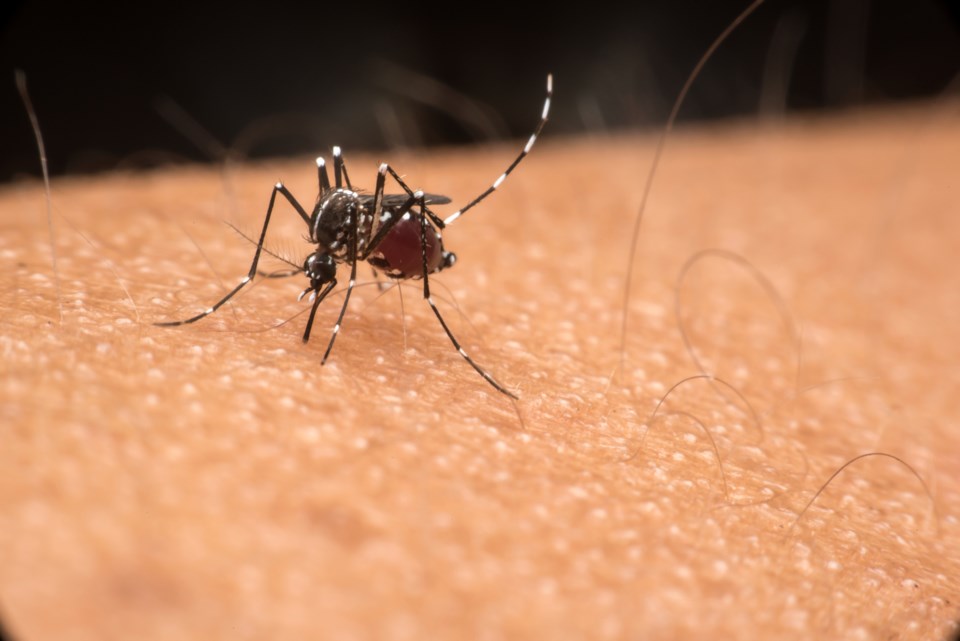The summer months in B.C. bring sun, a break from the rain, and the inevitable arrival of mosquito season.
These tiny pests range from a small annoyance to vectors of deadly diseases and sometimes it seems no matter how much bug repellent you put on, they can’t be deterred.
Scientists are starting to understand the root of the problem and it lies in their complex sense of smell. Mosquitoes use their olfactory receptors to detect the plethora of chemicals that humans emit. Despite attempts by scientists to erase these receptors in the insect, mosquitoes are still able to locate humans.
In a recent peer-reviewed study on the insect, a group of researchers demonstrated that when these olfactory sensors are erased, mosquitoes have developed a biological fail-safe that ensures they are always able to detect our scent.
“When we started to look around, we were shocked to discover that mosquitoes have a very strange way of organizing their receptors and neurons,” said Margo Herre, a scientist at Rockefeller University and one of the lead authors of the paper. “When we started looking, we were shocked to find that mosquitoes were not playing by the same rules that were previously described in fruit flies and mice.”
The insect utilizes three families of receptors; if one family of receptors is blocked, mosquitoes are still able to find humans.
Olivia Goldman, another lead author on the paper, says that more research needs to be done to understand if the different families of receptors detect different smells or if their functions overlap.
“It's not really clear basically how the mosquito breaks down human smell, but it seems clear that no one of the three families are necessary for detecting humans and that all three contribute to the mosquito finding humans,” she said.
Goldman says there have been no successful attempts at erasing a mosquito's ability to smell humans and that this study is shedding light on why that is the case.
The study also shows why insect repellent may not be as effective as once thought. But more research is needed to further understand a mosquito's complex olfactory system.



